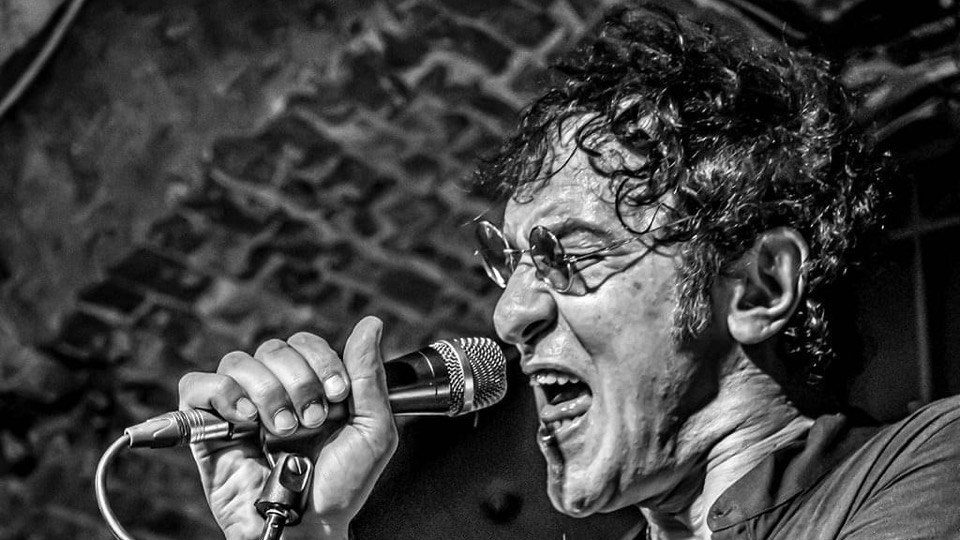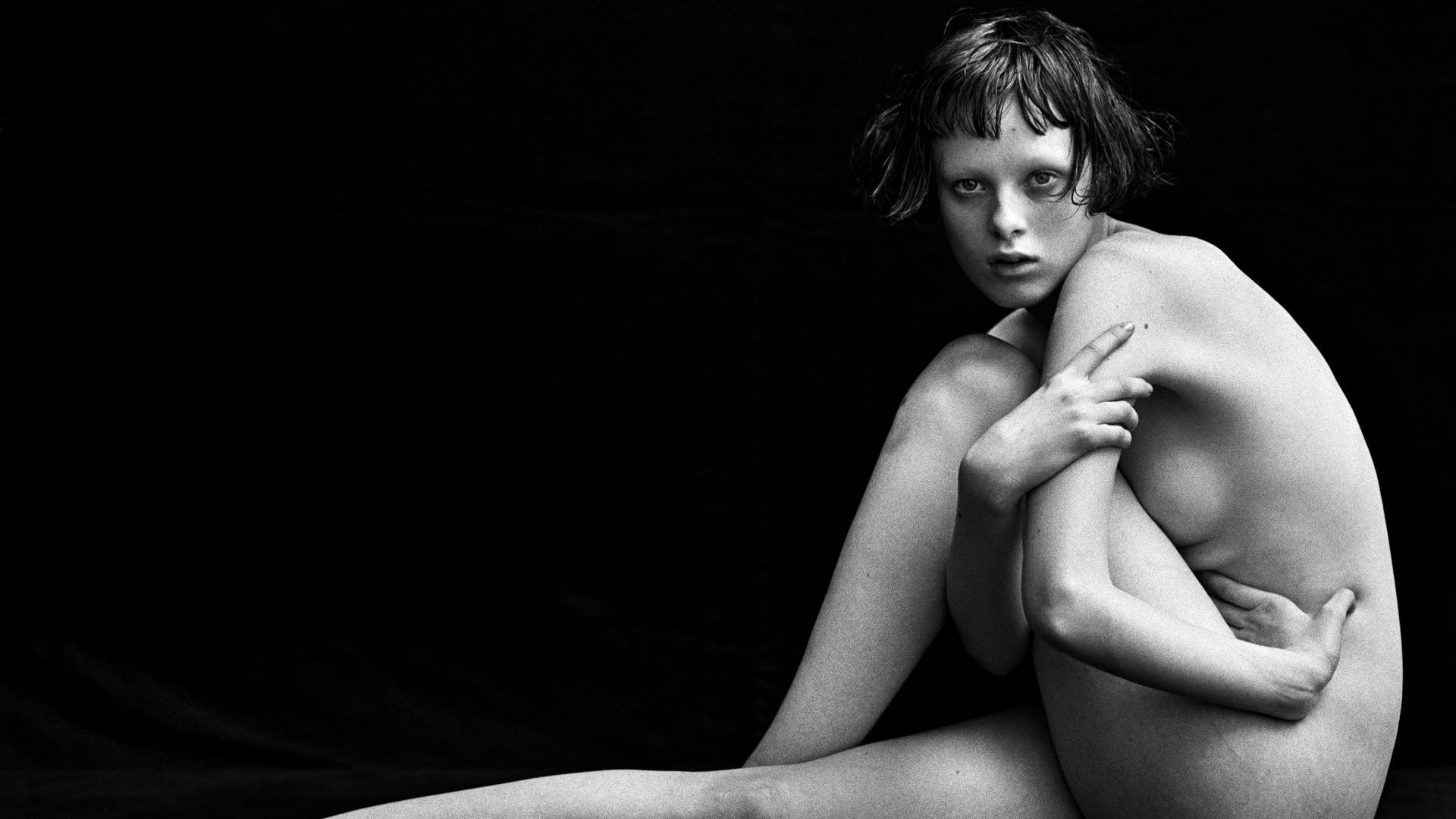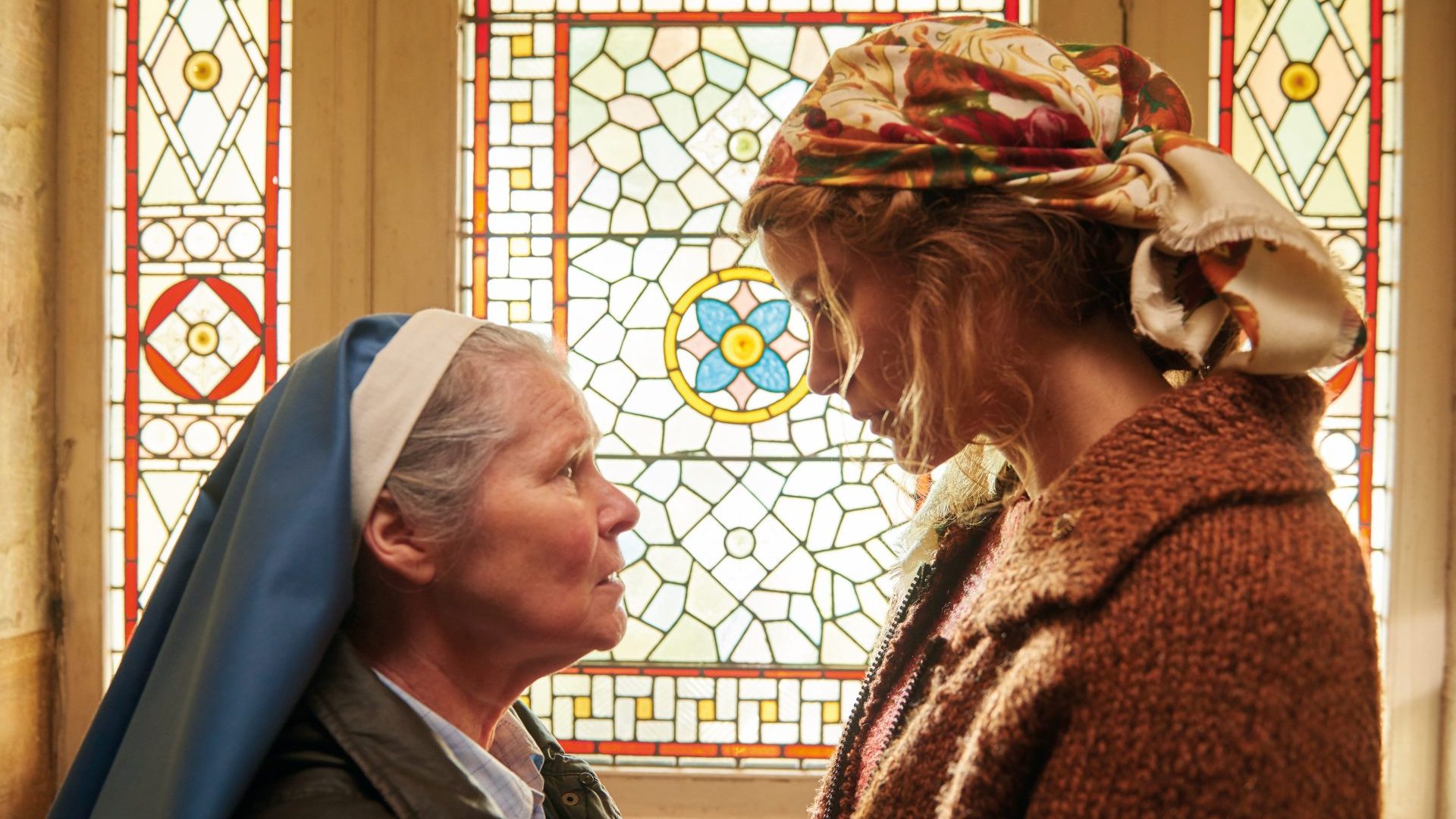Nash Albert is getting back to where he once belonged. Born in Tbilisi, Nash Albert’s career has taken him from the folk music of his native Georgia to the rock and roll underground of post-Soviet Russia and the sleek offices of global record labels. The unique journey has culminated in a new album Yet,
released this week.
It sees Albert reunite with band members from a formative period of his earlier career and recording back on his native soil to create an eclectic, heartfelt album that marks three decades since he left Georgia to embark on his musical odyssey.
Georgia’s musical tradition is one of the most darkly mysterious in Europe. Singing is in the soul, and traditional songs are assigned to almost every situation and occasion. Georgia’s polyphonic singing tradition – like medieval plainchant meeting the Islamic call to prayer, often over a hypnotic drone – is startlingly ancient-sounding.
Noshrevon Tavkhelidze, aka Nash Albert, was born into this music, but other influences soon came into play. Like many people, his introduction to rock came via older siblings, but at a time when Georgia was one of the constituent republics of the Soviet Union, it was far more than a simple rite of passage to the six-year-old Albert.
A teenage passion for rock grew during the gloomy Brezhnev era, when young people in the USSR had much need for escapism, and Albert formed
his first band when he was just 16. In 1991, as the rotten edifice of the Soviet
Union was tumbling down, Albert and his band Salamandra went to the US to try their luck at living their rock dreams. They hardly found instant success, but did manage to bag a meeting with legendary Atlantic Records head Ahmet Ertegun, and recorded two songs with his input.
When Albert returned to the former USSR in 1996, the year of Yeltsin’s re-election to an ill-fated second term as president, it was to a very different country. He has recalled, “Russia was a hotbed of crime, and Moscow was crazy, the nightlife was just like Chicago in the 1930s or Las Vegas in the 1950s, with gangsters and shootings on the street.” There was also a thriving underground music scene and Albert slotted himself right into it, forming Blast, later to be known as Blast Unit Moscow. Dubbed “The godfathers of the Russian alternative scene” by the NME, they became a legendary live act in the city.
In 1997 Blast were signed to Manchester-based independent label Apollo G, finding themselves brought into the orbit of that city’s music scene at a time when the region was still enjoying a golden era, with classic albums from The Verve, The Chemical Brothers, Oasis and The Charlatans all appearing that year. Blast’s debut album Pigs Can Fly – a riot of angular post-punk aggression and indie ennui sung in English and with not a single dull moment – was recorded in Moscow with Mark Tolle, engineer on The Stone Roses’ Second Coming (1994). The punky Cookies Are Sweet and the funk oriented Girlfriend got traction on MTV Russia and was noticed beyond Russian borders too.
Three albums later, Albert established Blastfest Moscow in 2008, attracting Supergrass and Suede’s Brett Anderson as the headline acts. This was the year Georgian regions of South Ossetia and Abkhazia were invaded by Russian troops, and Blastfest would take on a political significance in its later iterations.
But Blast’s most successful release was still to come. Again, it was by way of British personnel on production, and again political events came into play. 2014’s Krisis of Genre was produced by Killing Joke’s Martin ‘Youth’ Glover, who by then had a legendary status as a producer with a list of credits embracing everyone from Alien Sex Fiend to The Verve. Incendiary single Footsteps in the Snow, released in the shadow of the Sochi Winter Olympics and with a video featuring footage of the revolution in Ukraine of that year, saw Albert again engage with the political travails of the East.
But Krisis of Genre was the end for Blast Unit Moscow, and Albert, having spent most of 2014 in the UK, started to pursue his first solo project, which again emerged out of British contacts. Having met Ian McNabb of cult Liverpool band The Icicle Works at an event hosted by Creation Records’ Alan McGee, he recorded debut solo album Rude Beggar (2014) in Liverpool with McNabb on production.
Now, Albert has returned to his roots with Yet. Reuniting with his Salamandra bandmates, he holed up at a studio in the Saguramo mountains of Eastern Georgia, north of Tbilisi, to make the album which has the irrepressible energy and essential eclecticism that was also apparent in Blast’s output. Varying from the ferocious, discordant opening track Kill the Fear to the piano-led ballad of single Autumn Rain and with plenty of post punk frostiness and nods to his early rock influences in between, it is all fronted by Albert’s unconventional vocal which hovers somewhere around Bob Dylan, Lou Reed and Richard Butler of The Psychedelic Furs.
Albert says that for him and his former bandmates Georgia is “the land from which our hearts and souls flow. The land where music is in the air”, and that they took their inspiration ‘“from the rugged, mountainous region around us”. Albert has wandered far, but with this latest release he has proved that the pull of Georgia’s intoxicating musical soul and bewitching landscape cannot be resisted for long.
NASH ALBERT IN FIVE SONGS
Rustavi Ensemble, Chakrulo (1989)
Featuring the krimanchuli yodel, this dates from the 8th Century and is a Georgian treasure, representing the traditions Albert grew up with.
Blast, Cookies Are Sweet (1997)
Infused with the punk aggression that won Blast legions of fans in Russia.
Blast Unit Moscow, Footsteps in the Snow (2014)
Full of post-punk unease, reflective of the political situation in both Russia and Ukraine at the time of its release.
Nash Albert, City is Burning (2014)
By turns anthemic and quirky, this track from his debut solo album Rude Beggar found him taking an undoubtedly softer direction.
Nash Albert, Autumn Rain (2021)
Pensive, emotionally charged lead single from Albert’s first new release in seven years is full of natural imagery and soaring piano.




